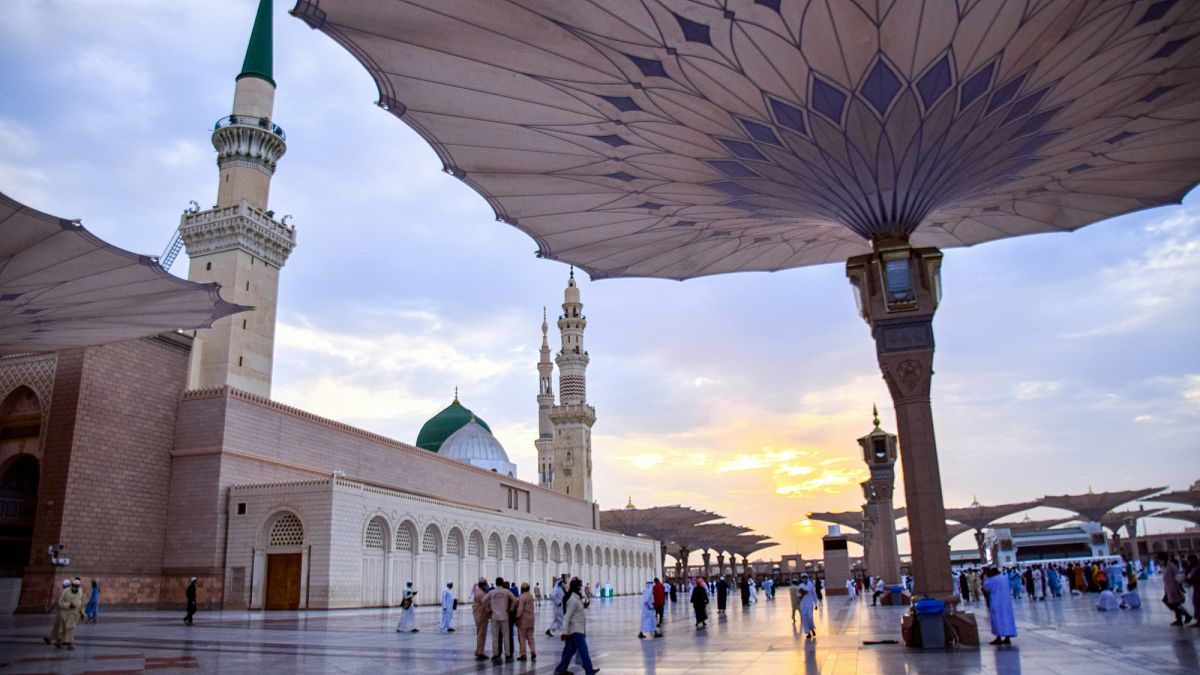

In a world that continues to evolve with its interconnected economies and intricate relations, positive steps have been taken towards greater collaboration and innovation. Recently, noteworthy advancements have been reported on several fronts, setting the foundation for greater cooperation and growth while remaining mindful of the challenges and opportunities ahead.
One of the significant developments revolves around the introduction of a Schengen-style visa for the Gulf countries. This ambitious initiative aims to streamline travel across the region, allowing it to be a more seamless experience for visitors eager to explore the diverse cultures and destinations within these nations. Such a visa system will facilitate movement and boost tourism, thereby fostering greater economic collaboration and cultural exchange across the Gulf. As preparations for this transformative system continue, it is expected to enhance the appeal of this vibrant and dynamic part of the world.
Meanwhile, on the international trade front, the United States and Japan have achieved a noteworthy breakthrough by formulating a new trade agreement. Announced by President Trump, this deal includes a reduction in the previously threatened tariffs to a more manageable 15%. The United States and Japan have long worked together as allies, and this step forward underscores a commitment to addressing trade imbalances amicably. By navigating these complex economic waters, both nations aim to reinforce their economic partnership while setting a mutually beneficial trajectory for the future.
The European Union and Japan are preparing to strengthen their engagements on the global stage. At an upcoming summit, both parties are set to reaffirm their dedication to a rules-based order, particularly in light of recent trade disputes. As major global powers, the EU and Japan, despite adopting differing negotiation strategies, continue to stand united in their pursuit of stability and fairness in global trade dynamics.
In another landmark event, Indian Prime Minister Narendra Modi is on a state visit to the United Kingdom, where a significant free trade agreement has been signed. This deal promises to invigorate Britain’s car and whisky industries, further spurred by India’s visa concessions. For the UK, it represents a pivotal post-Brexit economic victory, symbolizing its ambition to forge new and prosperous trade relationships globally. For India, the agreement is strategically significant, as it marks the country’s first prominent trade pact outside Asia. This collaboration demonstrates how the two nations are charting a course towards a sustained economic partnership.
Simultaneously, on the environmental front, China has commenced the construction of what is being heralded as the largest hydropower dam in the world. Situated on the Yarlung Tsangpo river in Tibet, this colossal project is a testament to China’s renewable energy ambitions. While the project promises substantial advancements in clean energy, it is essential to tread carefully and address concerns from neighboring nations like India and Bangladesh, ensuring responsible, transparent, and collaborative efforts are at the forefront.
In witnessing these developments, it becomes evident that our world is dynamically shifting towards more interconnected and purposeful relations. As initiatives unfold and agreements are signed, their implications will ripple across continents, impacting economies, communities, and the environment. Remaining mindful and optimistic, we observe these changes with an understanding of their potential to shape a more harmonious and sustainable global future.
Source: {link}
